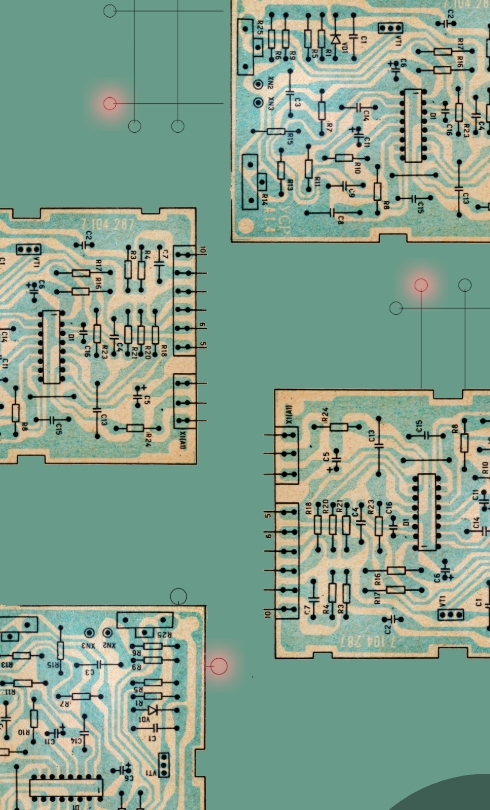
Revive and Reinforce Lithium-ion Battery
We extend the life of any Lithium Battery
Non-invasive Process
No need to dismantle or disassemble Li-ion cell from battery module or pack.
Cost Reduction
Say goodbye to the stress of costly battery replacement bills!
Environmental Impact
No extra CO2 emission and water pollution. Zero means zero.
Longevity Value
Restoring original battery health increases EV's lifespan.
Let us talk
Our innovation
1
2
A Novel way to recharge
We charge the battery by a completely different way of the standard CC-CV.
Bad byproducts become good
Oxygen molecules and its derivatives have to be reduced.
Degradation reversal
Diving deep into the data provided by our academic partner, we proved Li-ion battery aging is reversible.
3
4
Technology integration
The method is engineered into a system that could either connect to or be embedded in EV battery!


Contact us
Location
The Ridge, Woking,
Surrey, United Kingdom,
GU22 7EE
3721 Single Street
Quincy, MA 02169
Contact
hello@tiontech.co.uk
+44 (0)1483 913547
